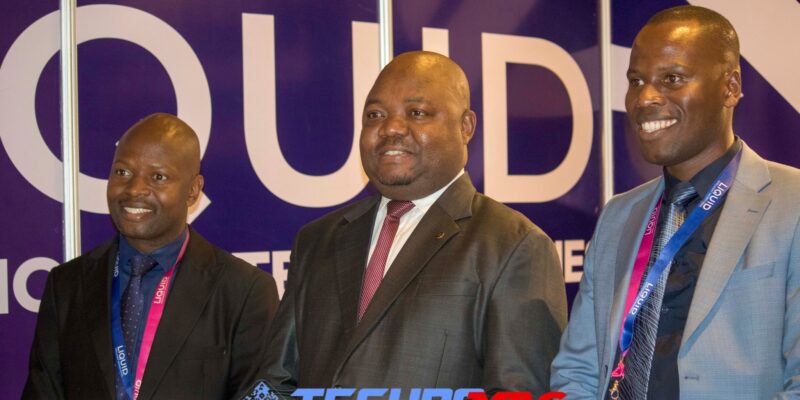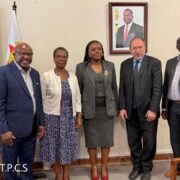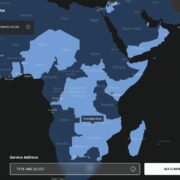Zimbabwe’s journey into the digital age is gaining critical momentum, and at the heart of it lies a renewed focus on telecommunications as the foundation for inclusive national development. Speaking at the Business Times 2nd Annual Telecommunications Conference and Exhibition in Harare yesterday, the Deputy Minister of ICT, Postal and Courier Services, Dingimuzi Phuti outlined a forward-thinking roadmap aimed at accelerating the country’s digital transformation while ensuring no community is left behind.
“Telecommunications are the backbone of Zimbabwe’s digital economy,” the Deputy Minister said. “They connect people, businesses, and industries to new opportunities and global markets.”
Echoing sentiments by President Emmerson Mnangagwa, the Deputy Minister emphasized that a robust telecommunications infrastructure is not a luxury but an essential catalyst for economic growth, job creation, and global competitiveness. As Zimbabwe positions itself for Vision 2030, the digital economy is set to play a pivotal role.
The evolution of 5G, Artificial Intelligence (AI), and the Internet of Things (IoT) offers unprecedented opportunities. The Deputy Minister stressed the importance of leveraging these technologies not only for urban development but also to bridge the digital divide, bringing connectivity and opportunity to underserved and rural communities.
“These technologies hold the potential to enhance inclusivity in education, healthcare, and economic participation,” she said.
The Ministry is particularly focused on AI-driven network management to optimize service delivery and improve customer experience. In sectors like agriculture, health, and transport, IoT-powered solutions are being positioned as game-changers — enabling real-time data analytics that can drastically improve decision-making and resource allocation.
In line with global trends, the Ministry is also integrating Environmental, Social, and Governance (ESG) principles into infrastructure development, aiming for sustainability, equity, and long-term impact.
As Zimbabwe works to create an enabling environment for digital investment, public-private partnerships are being prioritized. These collaborations will help strengthen regulatory frameworks, foster innovation, and expand digital access across all provinces.
One of the flagship initiatives gaining traction is the transformation of Community Information Centres into Digital Centres, with a renewed push for broadband expansion in rural areas — a cornerstone of the country’s digital inclusion efforts.
“We are actively aligning our telecommunications strategy with international best practices,” the Deputy Minister affirmed. “Our focus is not just on connectivity, but on building a resilient, inclusive, and innovation-driven digital ecosystem.”
The conference, attended by telecom giants, startups, investors, and policymakers, underlined a shared belief — that the future of Zimbabwe lies in smart, inclusive, and sustainable technology. And with strong leadership and strategic direction from the Ministry, that future may be closer than we think.














Comments